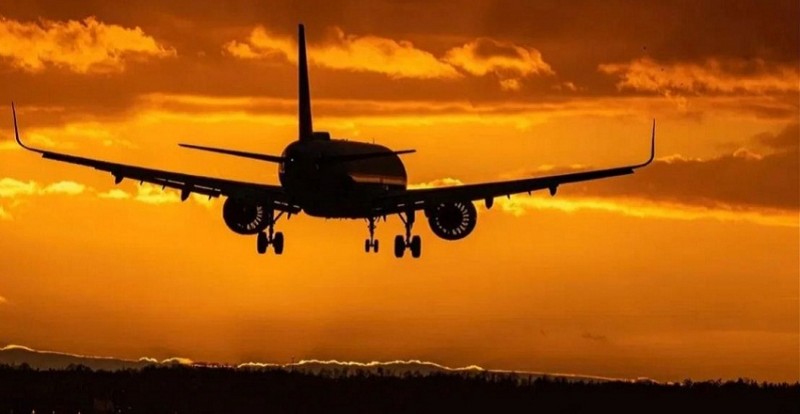
As tensions escalate in the Middle East, airlines like Air India, Vistara, and IndiGo are adjusting their flight paths to steer clear of Iranian airspace. The Civil Aviation Ministry has urged carriers to conduct their own risk assessments amidst the growing geopolitical unrest. This move could result in longer routes, increased fuel expenses, and potentially higher airfares for international travel.
In response to the escalating tensions between Iran and Israel, airlines have been advised to reassess the risks associated with their international flight operations. Air India, Vistara, IndiGo, and several other international carriers have chosen alternative routes to the West, avoiding Iranian airspace.
According to Civil Aviation Secretary Vumlunmang Vualnam, airlines have been instructed to evaluate the risks involved in their flight operations independently. The Directorate General of Civil Aviation (DGCA) is collaborating with airlines and maintaining communication with the Ministry of External Affairs.
Air India has adjusted the routes of some international flights to and from India, while Vistara has also made alterations to certain flight paths due to the situation in the Middle East. Additionally, Air India has temporarily suspended flights to Tel Aviv. These alternative routes have extended the duration of some international flights by approximately 30 minutes.
Suprio Banerjee, Vice President & Sector Head of Corporate Ratings at ICRA, highlighted that commercial airlines might need to take longer routes to comply with no-fly regulations, leading to increased fuel costs. This situation could also impact international air travel to directly affected and nearby regions during the upcoming summer holiday season.
Manan Bajoria, Group VP Growth at travel portal ixigo, emphasized that flight rerouting due to geopolitical tensions could result in longer routes and higher expenses for airlines operating in Europe, the Middle East, and Southeast Asia. Lengthy diversions are expected to raise airline fuel costs and potentially lead to higher airfares on these routes.
Banerjee further noted that ongoing geopolitical developments in the Middle East are likely to continue exerting pressure on crude oil prices and, consequently, aviation turbine fuel (ATF) prices, which remain elevated compared to pre-Covid levels.
Over the weekend, Iran launched numerous drones and missiles at Israel in retaliation. Israel announced on Monday its intention to respond to Iran's weekend attack.
Israel's Innovative Defense Foils 99% of Iran's Missile and Drone Assault
How Iran Agrees to Let Indian Authorities Meet Seized Ship's Crew
Israel Weighs Response to Iran's Attack Amid Global Calls for Restraint